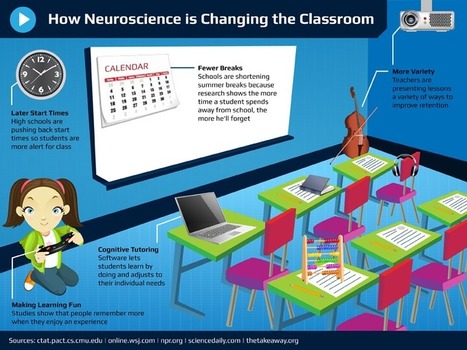Research and publish the best content.
Get Started for FREE
Sign up with Facebook Sign up with X
I don't have a Facebook or a X account
Already have an account: Login
Tech tools that assist all students to be independent learners & teachers to become better teachers
Curated by
Beth Dichter
 Your new post is loading... Your new post is loading...
 Your new post is loading... Your new post is loading...
|
|











Great visual!
How do you individualize? Does a graphic like this guide instruction, curriculum, lessons or all the above? Most teachers are visual learners, as are their students; wouldn't it be fun to have students create personalized graphic like this to outline their own individualized pathway to learning?
ajouter votre point de vue ...